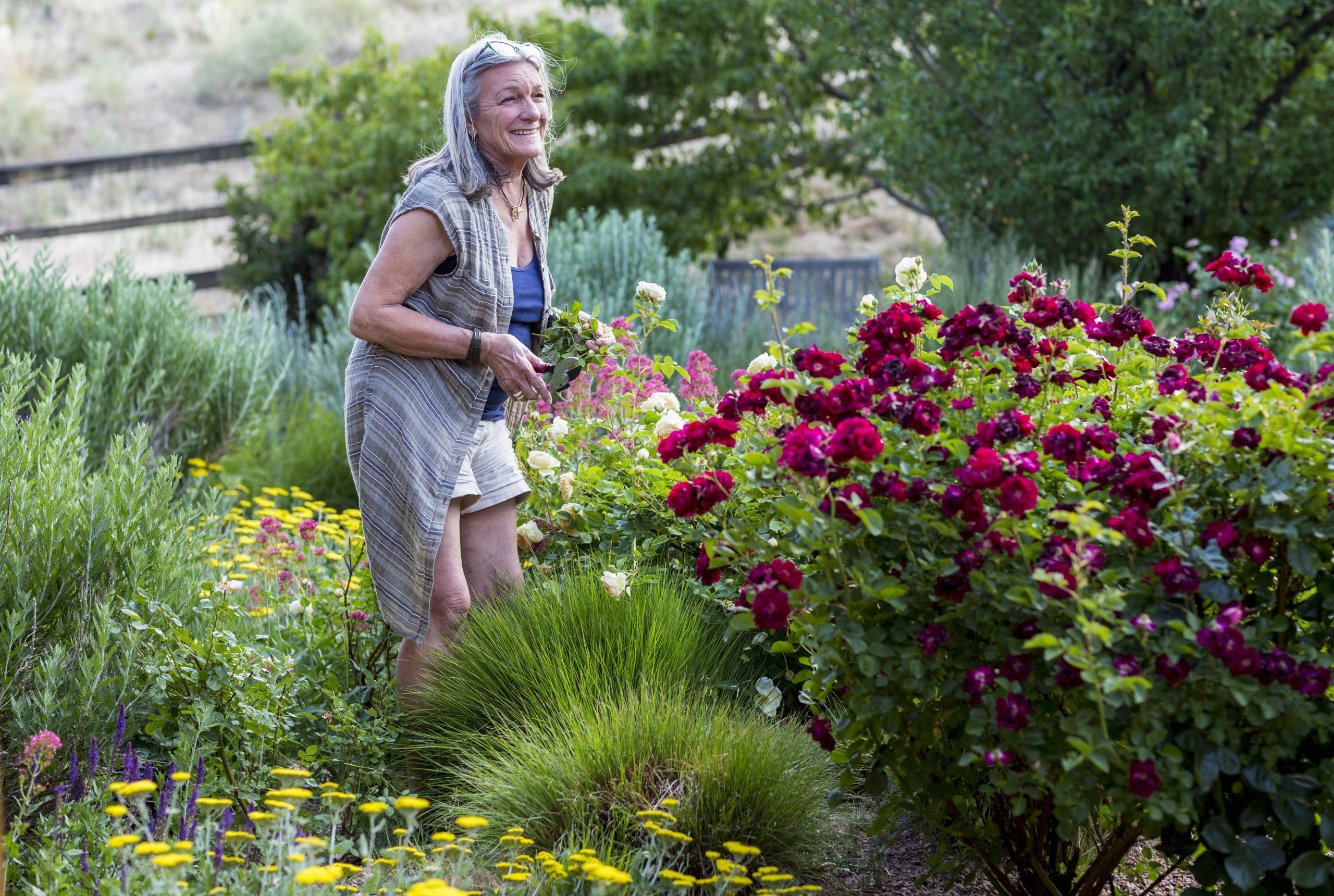
Regardless of location, every green thumb’s basic autumn and winter preparations should include mulching, fertilising, pruning and planting.
Soil preparation is crucial for any garden, especially before planting and the cooler months make it more pleasant to work up a sweat digging in the garden.
Yet mulching can also require some major effort – and expense too, if bags of mulch need to be purchased.
It helps to first remove the fallen leaves of deciduous trees and other, older mulch well past its prime before you add new mulch.
But the effort will be well worth it.
New mulch not only changes a garden’s general appearance but even more importantly, deters weed growth and aids and protects soil, adding nutrients while ensuring it doesn’t erode or dry out.
It therefore also decreases the need to water in warmer months.
Mulching in autumn and winter also protects plants from winter cold snaps and frost.
While mulching, you may also want to fertilise your soil and existing plants.
Producing fruit in the cooler seasons, citrus trees particularly appreciate a fertilisation program in autumn and winter.
Blood and bone fertiliser is a general favourite but warn your neighbours before you add it to the garden as it has a very strong scent. And don’t do it the day before an open for inspection!
Perhaps the most important cool season garden job is pruning so sharpen up those secateurs and prepare to go hard or go home with them.
Hard pruning – especially of roses but also of hydrangeas, frangipanis, wisteria, and all fruit trees – will ensure a wealth of fragrant blossoms and fruit in spring.
So get planting!
Think spring bulbs, including jonquils, daffodils, ranunculus, anemones, ipheion, sparaxis and freesias.
With care, these typically cooler climate bulbs can even be planted in warmer areas such as south-east Queensland.
Ideal winter-planted veggies include broccoli, cauliflower, tomatoes, carrots, peas and lettuce while radishes will also happily grow in below-freezing climates.
Plus, now is the time to grow a wide range of herbs including rosemary, mint, sage and parsley.
NB: mint can become an invasive weed in cooler areas so keep this herb in a pot, rather than planting in the soil.
Happy gardening!
